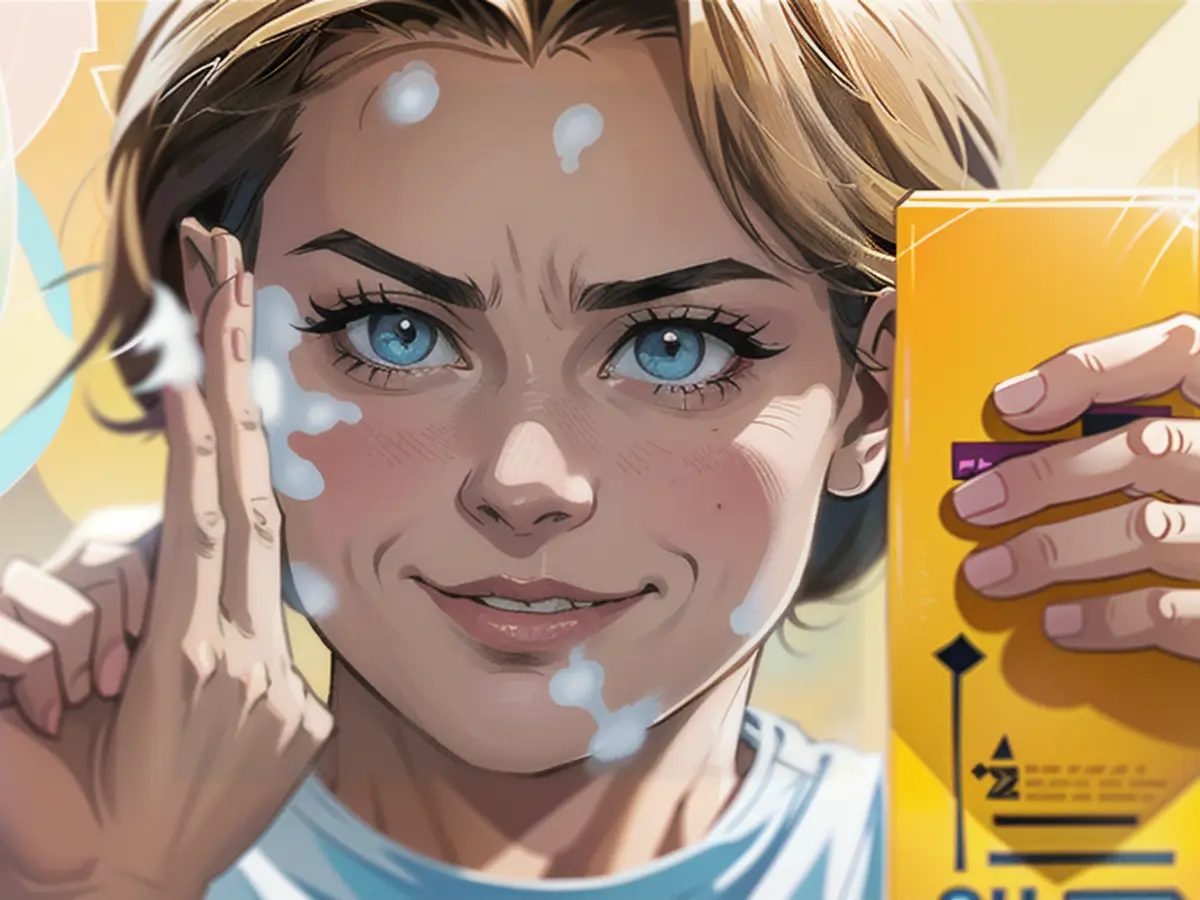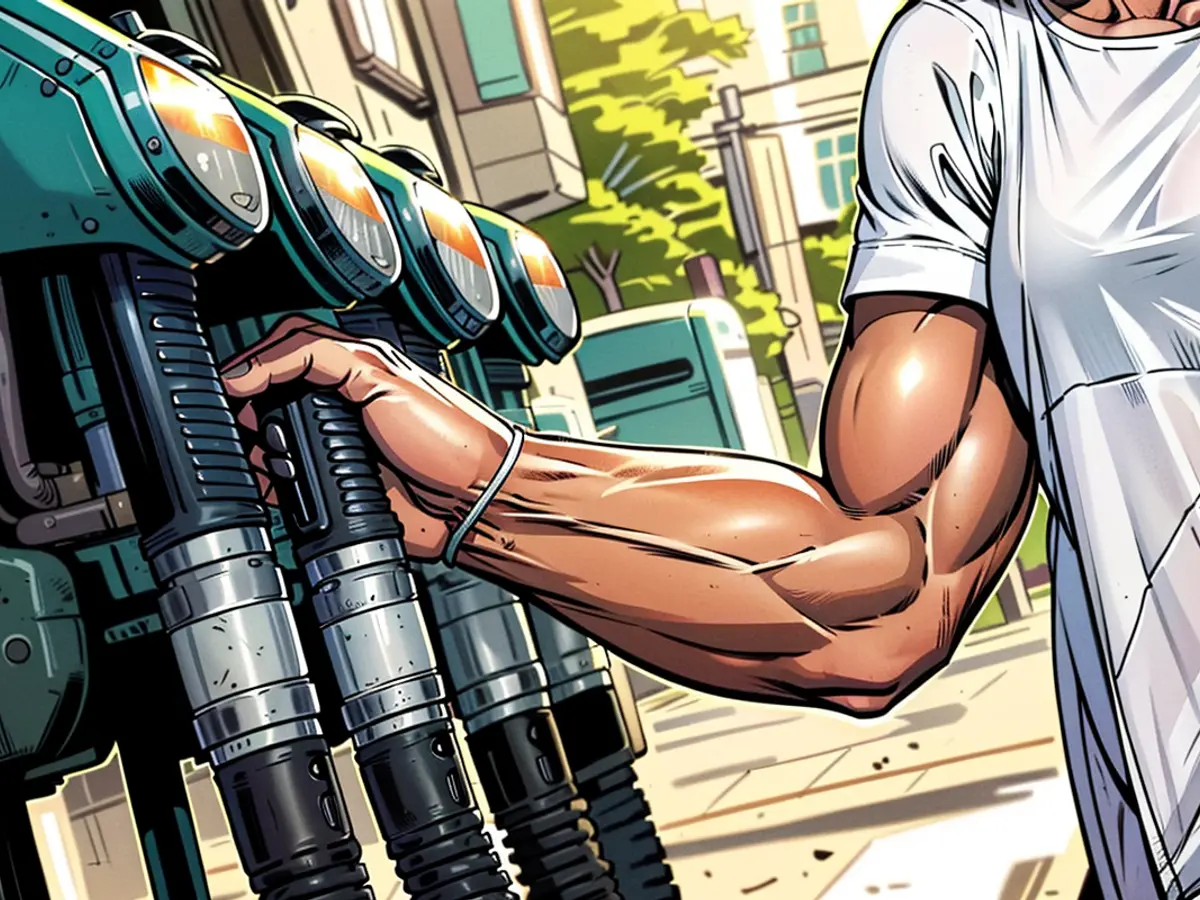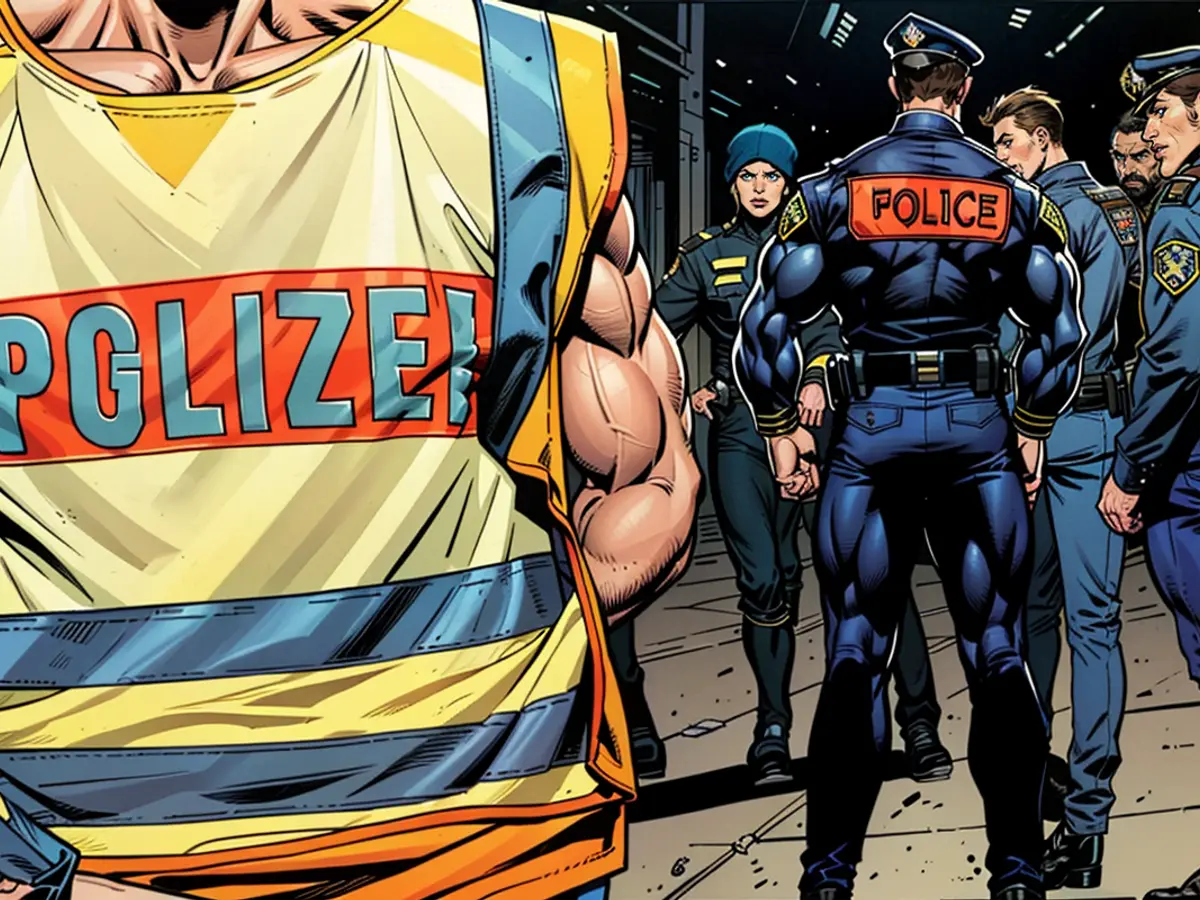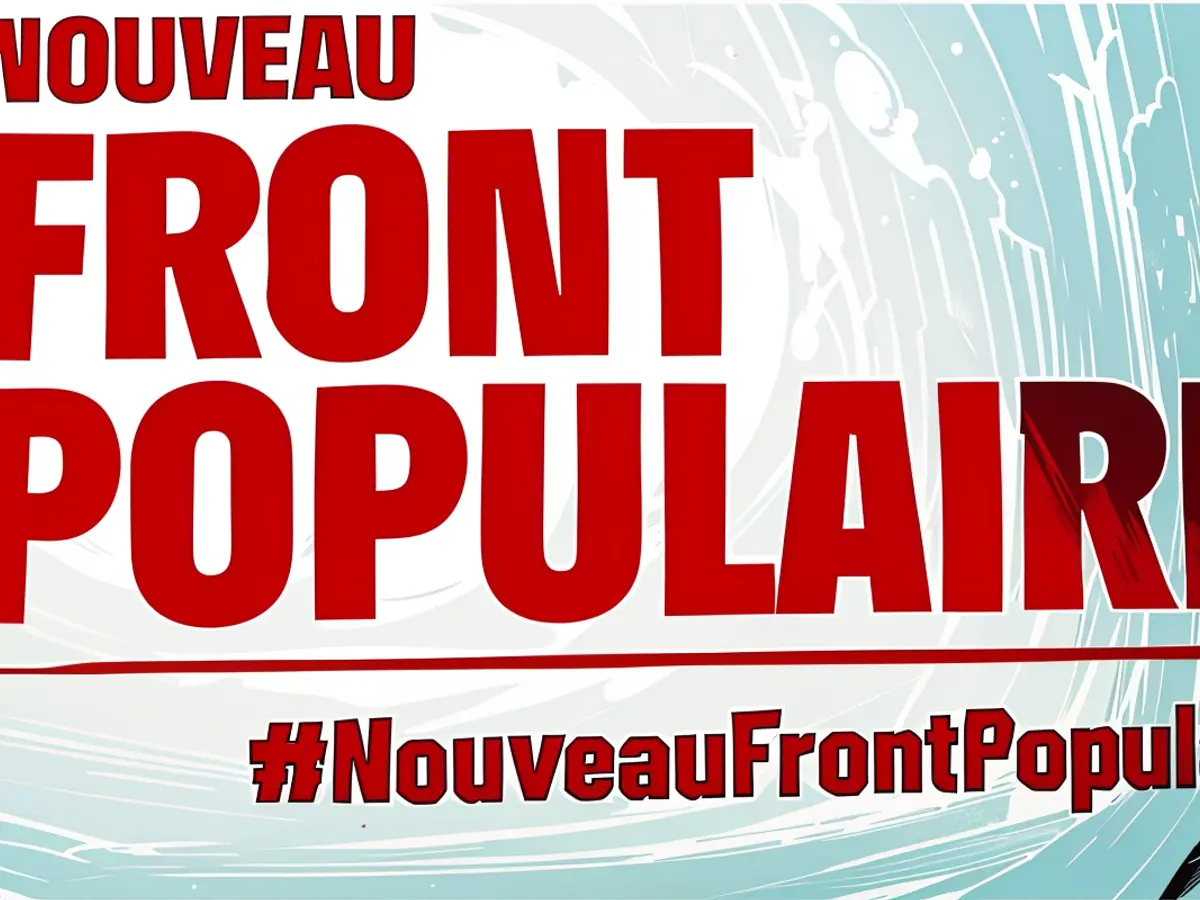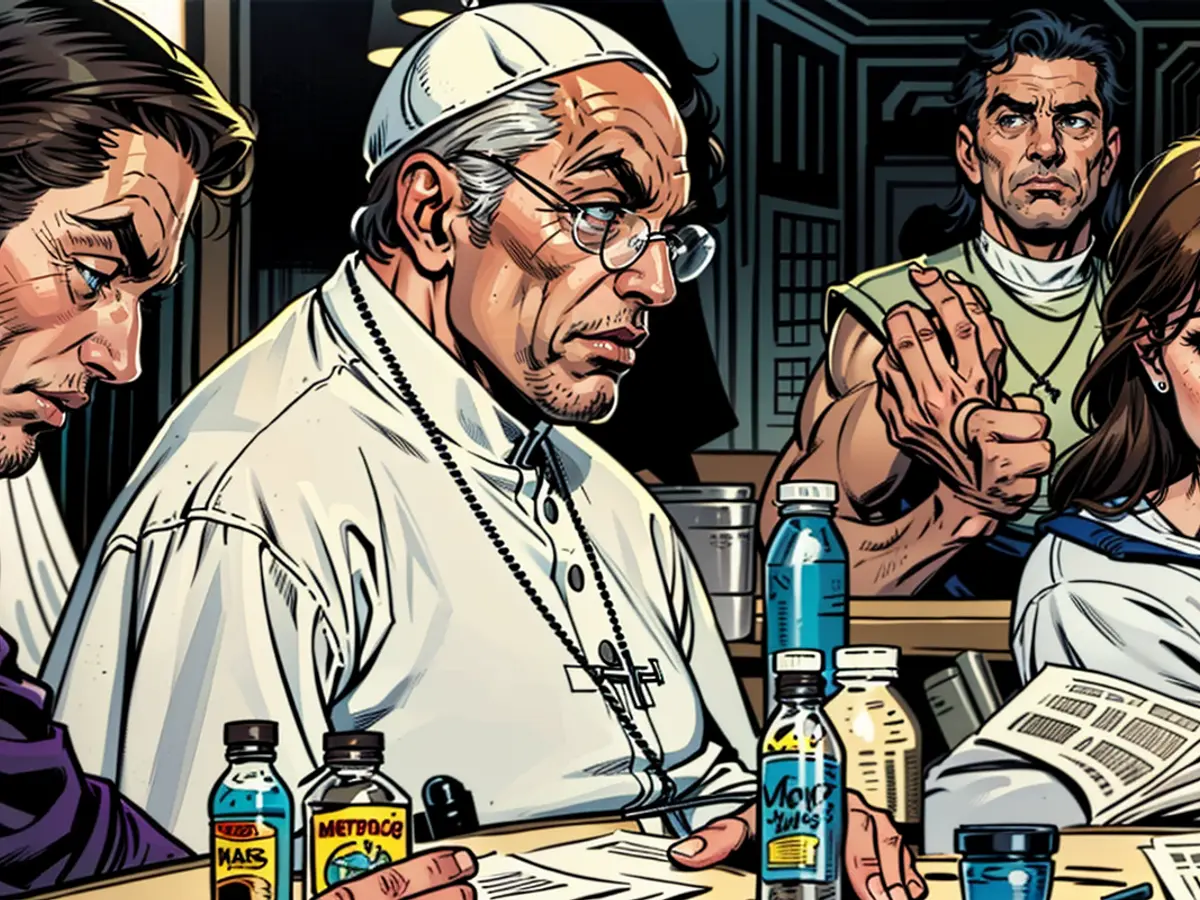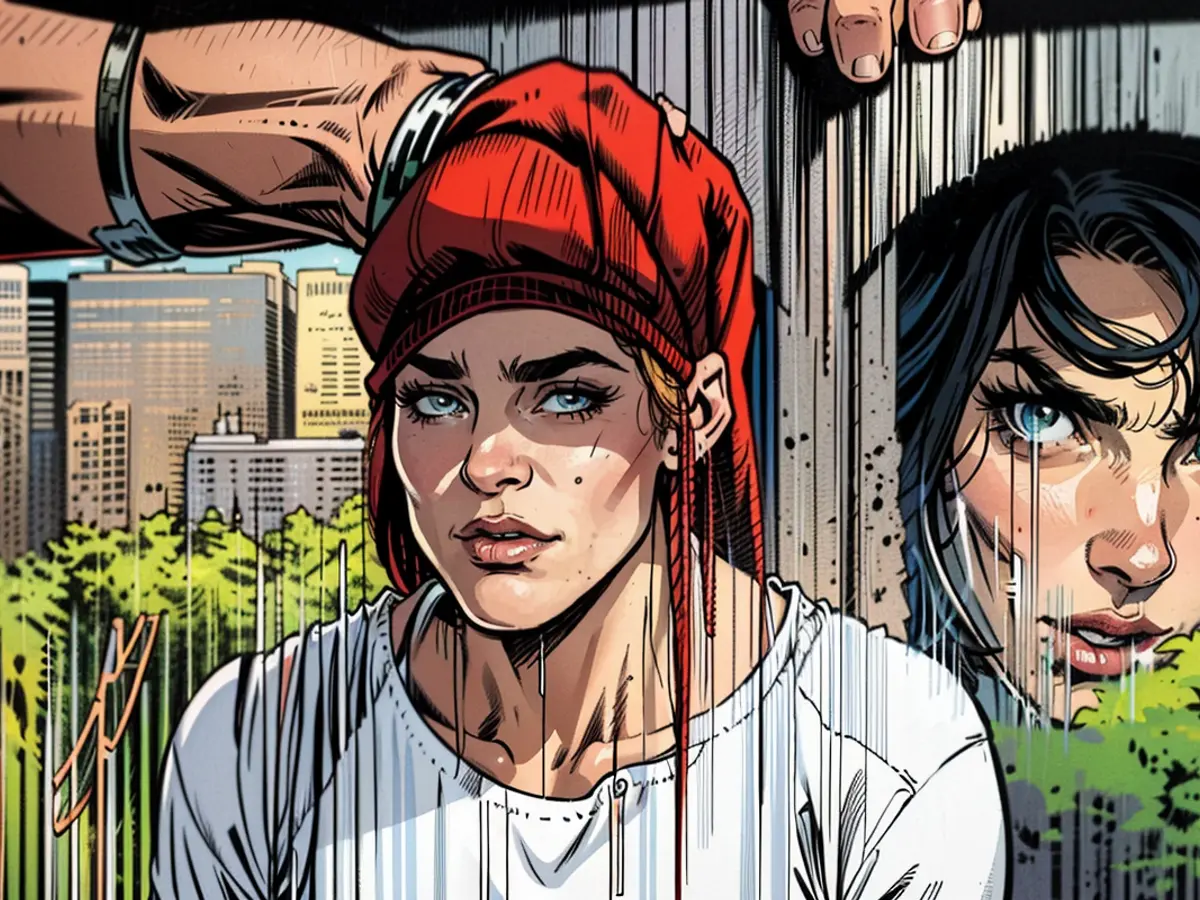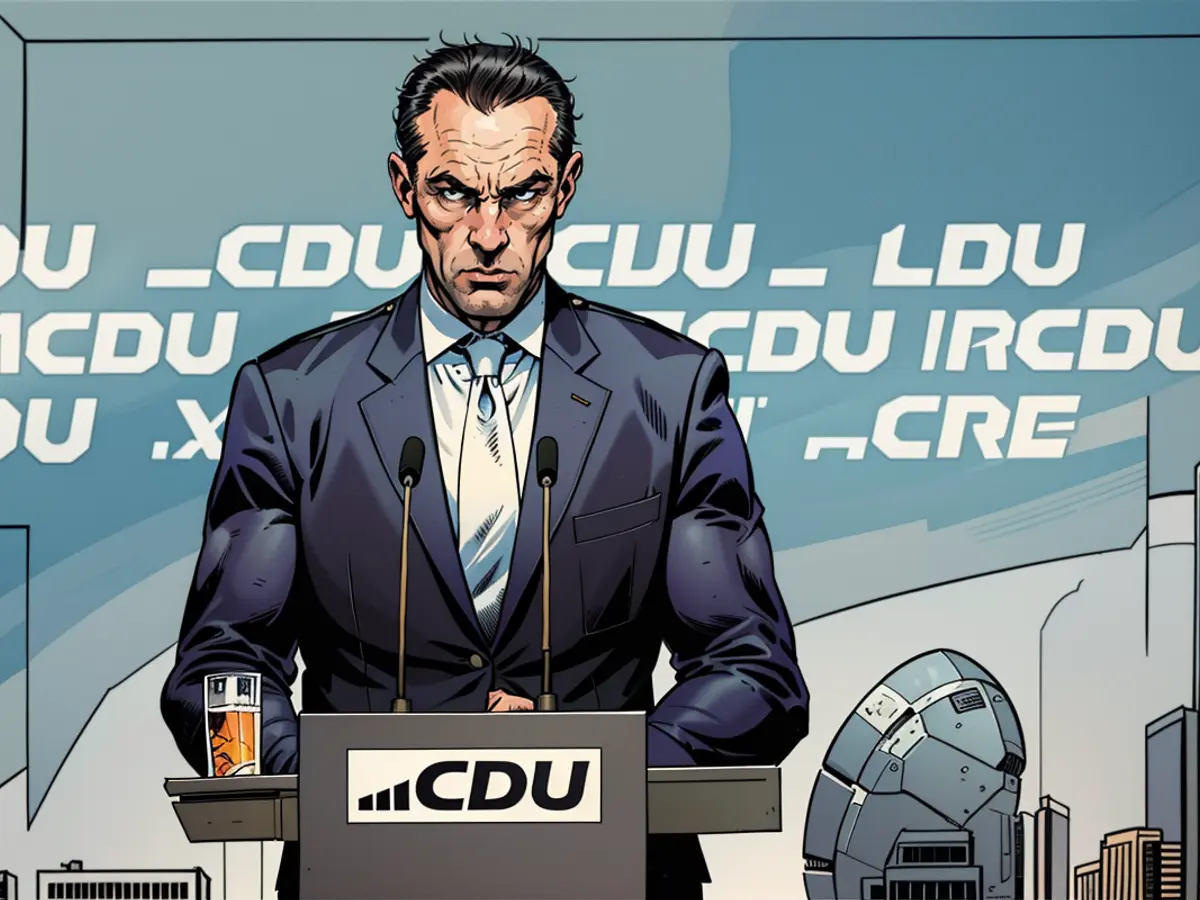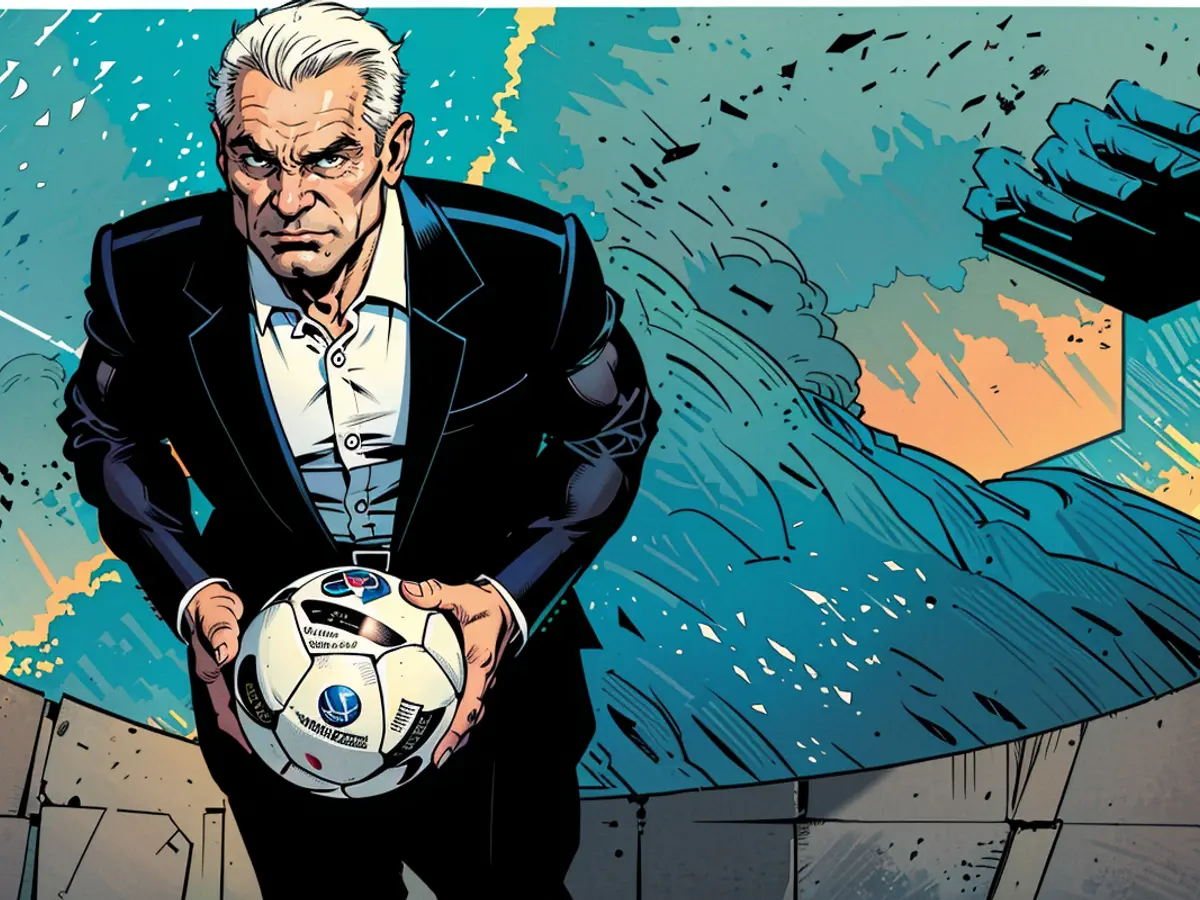A certain sunscreen brand is deemed inadequate.
Ensuring the safety of your children from the sun's harmful rays is crucial, but applying sunscreen can feel more like a chore than a pleasure for parents. However, it's necessary for their well-being. To make the most out of this task, you should use the right product with high and very high sun protection factors (SPF 50/50+) that offer not only UVA and UVB protection but also protect them against long-term harm like skin cancer.
Öko-Test investigated 25 children's sun creams from various sources like drugstores, organic supermarkets, discounters, and online retailers. The prices varied between 4.69 and 63.98 euros for a 200 ml bottle. Besides checking the sun protection factor (SPF) and UVA protection, other factors like harmful ingredients, clear labeling, and ease of application were considered.
In the end, eight sunscreens were rated as "very good." These included Nivea Sun Kids Spray 5in1 50+ (9.59 euros), Cien Sun Kids Sun Cream SPF 50 from Lidl, and the most affordable option, the Tabaluga Sun Milk for Children Sensitive 50 from Budni/Edeka/Netto at 4.73 euros.
Troublesome Ingredients
While it's encouraging to see many sunscreens rated "very good," Öko-Test found a few concerning issues. For instance, the toxic chemical di-n-hexyl phthalate (DnHexP) was found in four products. This substance has been regarded as extremely hazardous since 2013 and banned because it disrupts the hormone system, causing potential harm to reproduction.
The federal environmental agency performed a study, indicating high levels of a degradation product of DnHexP in urine samples extracted from children. It was triggered by an investigation from the RTL magazine Extra. The UV filter DHHP is suspected to be the main source, potentially contaminated with the banned plasticizer.
Four problematic products were identified, including Kaufland's "Bevola Kids Sun Cream 50+," which bore the overall rating of "poor," along with three other creams. However, several manufacturers, including Ladival Für Kinder Sonnenschutz Milch 50+ (24.94 euros), claimed the residues were "technically unavoidable." But surprisingly, seven other manufacturers have successfully used the UV filter DHHP without any traces of the objectionable plasticizer in their products.
From an environmental and economical standpoint, using bigger sunscreen packs for the whole family can reduce waste. Furthermore,sunscreen from the previous year is also usable if it still smells and looks fresh. However, exercise some caution. The Industrial Association for Personal Care and Detergents (IKW) provides essential guidance in this case.
Read also:
- This will change in December
- Dikes withstand water masses so far - Scholz holds out the prospect of help
- Fireworks and parties ring in 2024 - turn of the year overshadowed by conflicts
- Attacks on ships in the Red Sea: shipping companies avoid important trade route
Source: www.ntv.de
